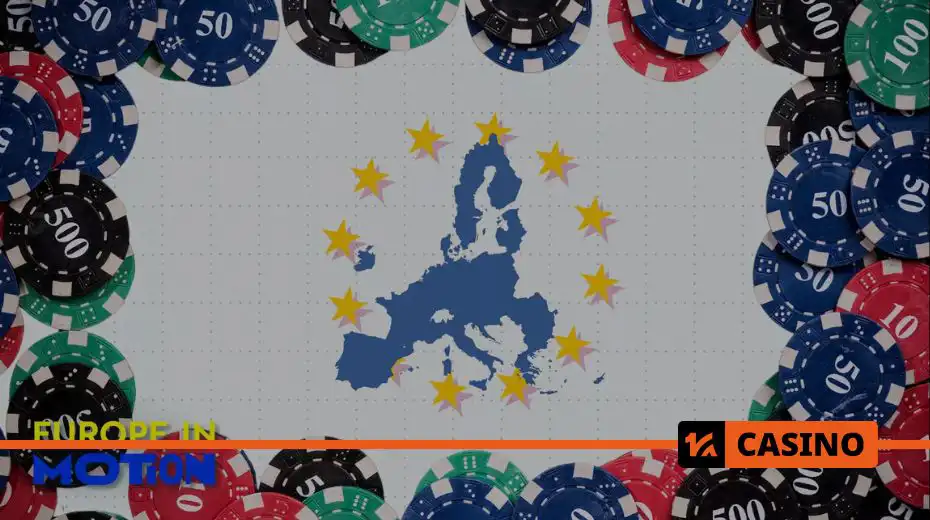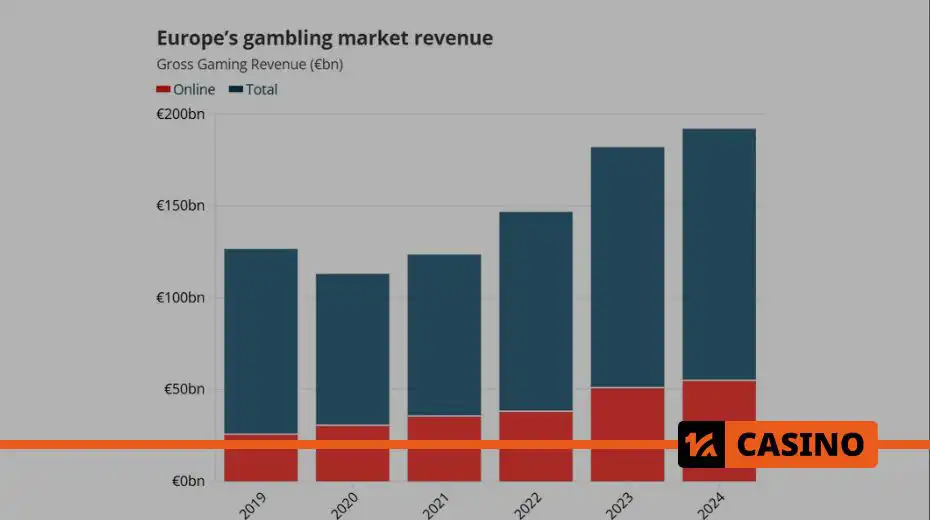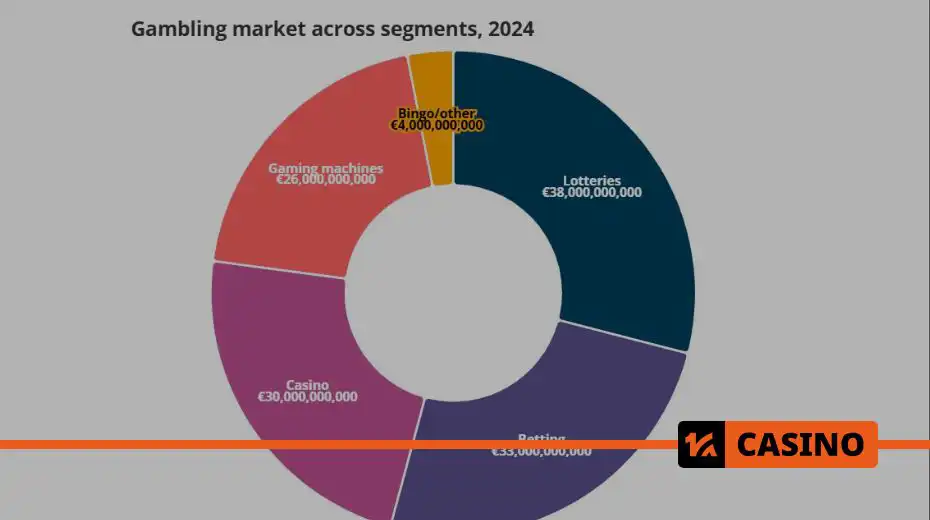The growth of the online gambling market in Europe: reactions and regulatory measures
Online casinos and betting platforms have become an integral part of the European gambling market. The accessibility of gambling via the internet, the convenience of mobile apps, and continuous advertising campaigns have led to the growing popularity of online gambling among users of all age groups.
However, this growth comes with several challenges:
- The rise of unlicensed platforms offering games without regulation.
- Insufficient control by regulatory bodies over cross-border operators.
- Increasing levels of gambling addiction, particularly among young people.
- Growing fraud related to bonus schemes and money laundering.
As a result, European countries must find a balance between the economic benefits of gambling taxation and the need to protect citizens from potential risks.

What measures are EU countries taking?
- Stricter Licensing.
Licensing allows authorities to monitor operators’ activities, ensure fair play, and protect users’ data. Many countries, including Germany, France, and Spain, have already introduced more stringent licensing requirements for online casinos. - Advertising Restrictions.
Several countries, such as Belgium and the Netherlands, have implemented strict restrictions on gambling advertising, particularly during sports broadcasts. The goal of these measures is to reduce the influence of marketing campaigns on vulnerable groups, including young people. - Combating Illegal Platforms.
Unlicensed casinos use VPNs, anonymous payment systems, and aggressive marketing to attract users. In response, regulators are blocking websites, tightening control over financial transactions, and collaborating with payment systems to complicate money transfers to offshore casinos. - Responsible Gambling Programs.
Some countries are developing state programs to combat gambling addiction. For example, Sweden has introduced the Spelpaus self-exclusion system, allowing players to temporarily or permanently block access to all licensed platforms. - Strengthening International Cooperation.
European countries are actively discussing the creation of a unified regulator that could coordinate efforts against illegal operators at the EU level. Although this process is challenging due to differences in national legislation, the trend toward cooperation is growing.
Expert opinion
“The growth of the online gambling market in Europe requires a balanced approach that considers both economic benefits and social risks. EU countries must unite their efforts in fighting illegal operators while ensuring that players have access to fair and safe platforms,” notes an expert in the gambling industry.

What are the future prospects for European online gambling?
In the coming years, the online gambling market is expected to continue expanding. However, its future will depend on how effectively regulators address these challenges:
- Growth of the Legal Sector
The introduction of strict regulatory norms is expected to reduce the share of illegal operators and increase tax revenues. - Development of User Protection Technologies
Artificial intelligence and blockchain are already being used to monitor suspicious transactions and combat fraud. - Creation of a Unified EU Market
A potential pan-European license could allow operators to work in multiple countries without additional bureaucratic obstacles. - Corporate Social Responsibility
More operators are introducing self-control tools for players, such as deposit and time limits.
Conclusion
The European online gambling market continues to grow, but along with this expansion, risks associated with illegal operators and gambling addiction are also increasing. EU countries are implementing various measures to regulate this sector by enforcing strict licensing rules, restricting advertising, and enhancing international cooperation.

In the coming years, the main focus will be on:
- Strengthening the fight against illegal casinos.
- Implementing self-control mechanisms for players.
- Developing stricter advertising standards.
- Promoting responsible gambling policies.
A balanced approach will allow the industry to maintain its growth momentum while ensuring market transparency and security.
Source: Euronews



Comments
No comments yet